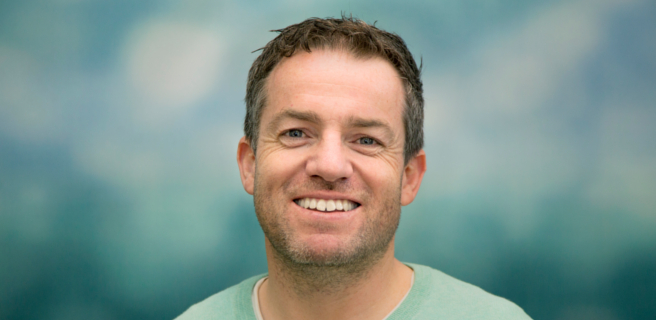A team of UK scientists, including experts from N8 universities Durham and York, is researching how to apply drone technology to prevent the spread of a devastating fungal disease among one of the world’s best-loved and most valuable crops – coffee.
Most of us start the day with the beverage in some form, and in fact coffee is the most popular drink worldwide with around two billion cups drunk every day. According to the British Coffee Association, we now drink around 95 million cups of coffee a day in the UK alone. But the coffee-growing industry faces an ongoing problem because the plant itself is susceptible to a fungal disease known as coffee rust. This disease is devastating to the plant and can wipe out vast swathes of crops or even entire plantations.
Even though coffee production is a vital global industry, it is often grown in areas of the developing world and if a coffee plantation is wiped out by disease it can destroy an entire family’s livelihood. Also, often these farmers tend not to use expensive fungicides that could prevent the disease – preferring to grow their crops organically. Now scientists are hoping to be able to prevent the spread of this disease using drones, and have been testing this out in the coffee growing areas of Thailand.
Dr Oliver Windram, of Imperial College London, said: “Coffee rust can be utterly devastating to farmers who rely on the income for their livelihoods. The benefit of using drones is that they are non-invasive and do not damage the product, but also they are able to get a much more comprehensive view from the air than any farmer can from the ground so we hope the drones will be able to spot the disease early enough before it wipes out the crop entirely.”
The research project has been funded by the STFC Food Network+, which brings together researchers from STFC and different disciplines in the agri-food sector with the aim of solving some of the world’s greatest food sustainability challenges. Professor Katherine Denby, Academic Director of the N8 AgriFood Resilience Programme based at the University of York and astrophysicist Dr Anthony Brown, of Durham University have been helping to adapt a technique commonly used in astronomy called multispectral imaging to spot the coffee rust.
Multispectral imaging is a technique utilised in many scientific fields, from biology to astronomy, and is used to collect image data at different frequencies in the electromagnetic spectrum, including frequencies beyond visible sight such as infrared.

Dr Brown said: “With hill farmers unable to afford fungicides, early detection of coffee leaf rust and removal of infected trees is critical. We will use drones to gather multispectral image data to identify coffee plants in hillside fields and identify initial signatures for detection of coffee leaf rust prior to visible symptoms.”
For the first phase of the project, the team has recently returned from a trip to the Chaing Rai province of Thailand, where it began surveying coffee fields and collecting image data of various crops. This data will be used to start to train machine learning algorithms with the aim of having an instrument able to recognise and map coffee plants, as the coffee plants are often surrounded by other different crops.
Dr Windram said: “Having located coffee in the field we would then like to track the spread of coffee leaf rust in coffee plants and as part of this, investigate how different intercropping plant community structures influence the spread of this pathogen.
“In terms of milestones we have shown that we can use multi-spectral sensing to differentiate between coffee plants infected with rust and those that are not. We can also distinguish between different types of coffee cultivars using this technology. We have been working in the Chaing Rai coffee-growing region, but if this technology is successful it could potentially be rolled out anywhere the plant is grown.”
The project has now received additional funding from the STFC Food Network+ and will be looking to develop a custom built multi-spectrum camera that will be optimised for differentiating coffee cultivars and coffee leaf rust infections. This will allow the team to gather more data and make the method more robust, before it can be deployed in other countries.
He added: “If this all goes to plan I can see real impact being made on the ground on coffee farms within the next five years.”
Find out more about the network and the other projects being funded here.